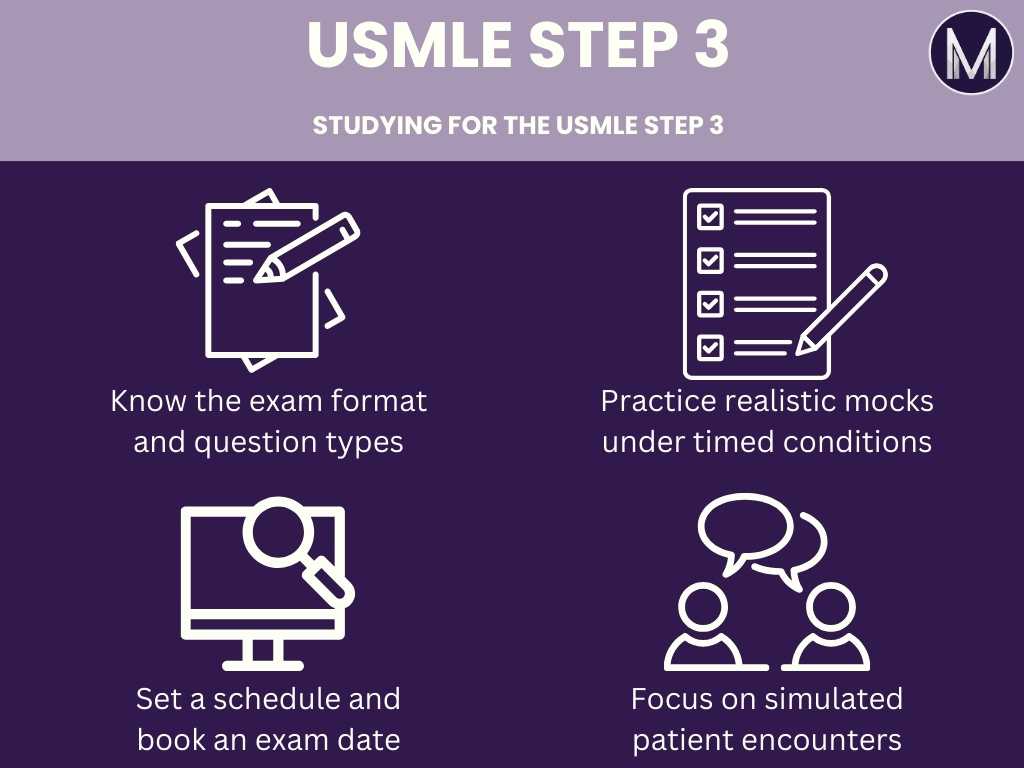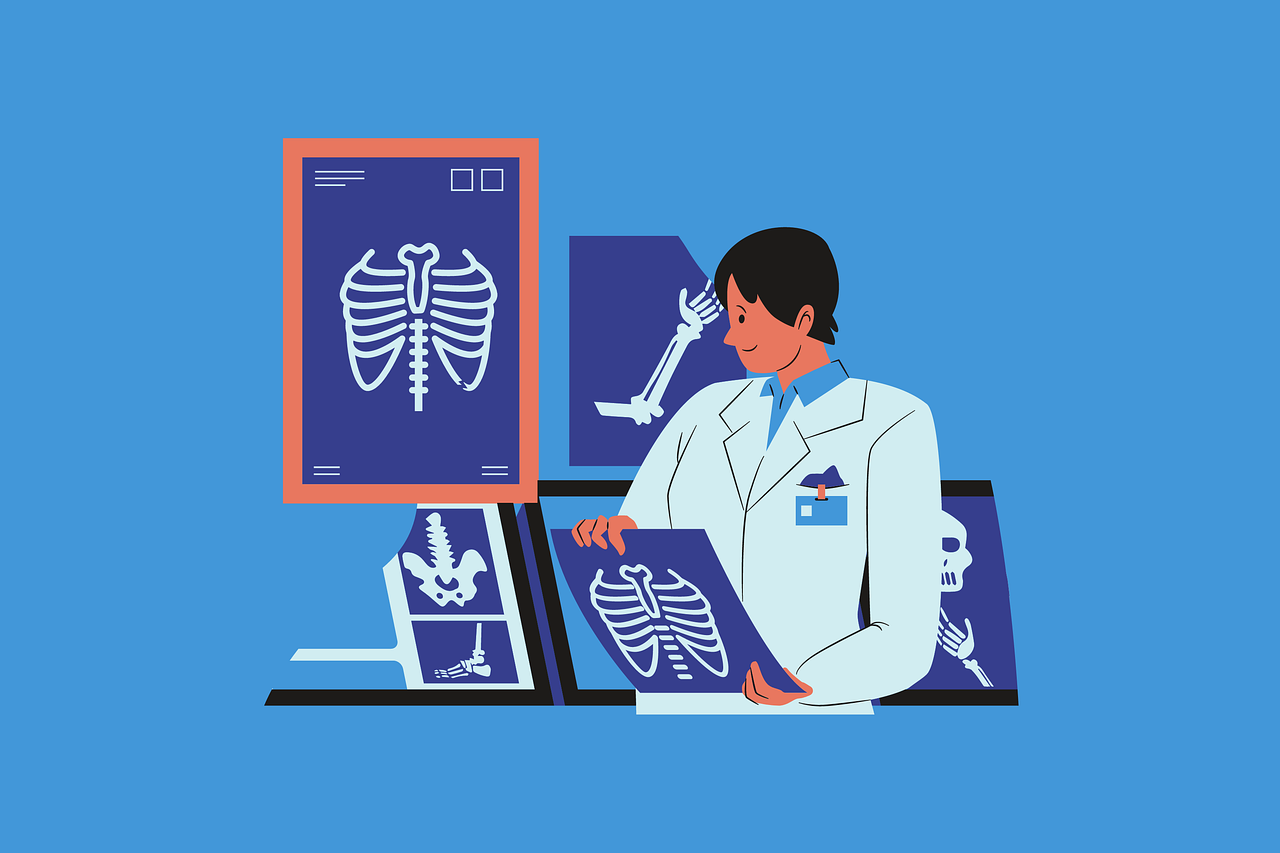
USMLE Test Day Preparation

The United States Medical Licensing Examination (USMLE) is a series of standardized tests that assess the knowledge and skills of medical students and graduates in the United States. The USMLE is divided into three parts: Step 1, Step 2 CK (Clinical Knowledge), and Step 3.
Preparing for the USMLE can be daunting, and test day can be nerve-wracking. However, with the right preparation, you can confidently confidently confidently confidently confidently approach the exam and ace it. This blog post will discuss tips and tricks to help you prepare, whether it’s for the USMLE Step 1 test day or Step 2 or 3.
Plan Your Study Schedule
Planning your USMLE Step 1 test day schedule is one of the most important aspects of preparing for the USMLE. It is crucial to allocate enough time to study for each exam section. You should also consider your study habits and work around your strengths and weaknesses.
Make sure you take regular breaks to avoid burnout and give yourself enough time to review and practice before the exam day.
Use High-Quality Study Materials
USMLE is a difficult exam, and you must use high-quality study materials to adequately prepare. There are numerous books, apps, USMLE question bank free, and online resources available for USMLE preparation, and it can be overwhelming to choose the right ones.
Look for materials other students or medical professionals recommend, and ensure they cover all the topics and skills tested on the exam.

Take Practice Tests
Taking practice tests is an essential part of USMLE test day preparation. Practice tests help you identify your strengths and weaknesses and give you an idea of what to expect on exam day.
You should take practice tests regularly and use them to evaluate your progress and adjust your study schedule accordingly. You can find practice tests online or in USMLE preparation books.
Familiarize Yourself with the Testing Environment
Familiarizing yourself with the testing environment can help reduce test-day anxiety. Visit the testing center before the exam day to understand the location, parking, and check-in procedures. You can also use this opportunity to ask questions or clarify concerns about the exam day.

Get Enough Sleep and Eat Healthily
Sleeping and eating healthy are crucial for your overall health and well-being, especially during the USMLE preparation period. Sleep deprivation and unhealthy eating habits can affect your memory, attention, and concentration, which are essential for exam day.
Ensure you sleep at least 7-8 hours every night and eat a balanced diet with plenty of fruits, vegetables, and protein.
Manage Test-Day Anxiety
Test-day anxiety is a common experience among students and can affect your performance on the USMLE. However, there are several strategies you can use to manage anxiety and stay calm during the exam. Deep breathing, visualization, and positive self-talk are effective techniques that help you relax and focus on the task.
Read and Follow Exam Instructions Carefully
Reading and following exam instructions carefully is essential to avoid making mistakes that can cost you valuable points. Ensure you understand each exam section’s instructions and follow them precisely. Pay attention to time limits, answer formats, and scoring methods.

Bottom Line
Preparing for the USMLE test day can be challenging, but with the right strategies, you can confidently approach and ace the exam.
Planning your study schedule, using high-quality study materials, taking practice tests, familiarizing yourself with the testing environment, getting enough sleep and eating healthy, managing test-day anxiety, and reading and following exam instructions carefully are all essential components of USMLE test day preparation. You can also book a free consultation with one of our USMLE tutors to see how we can help you prepare for the USMLE test day.
Remember to stay focused, stay positive, and trust in your abilities. With dedication and hard work, you can achieve your goal of passing the USMLE and embarking on a successful medical career.
Uncover helpful tips and guidance on the supplementary stages of the USMLE exam:
- USMLE Step 1 Understanding
- USMLE Step 2 Understanding
- USMLE Step 3 Understanding
- USMLE Step 1: Top Tips
- USMLE Step 2 Top Tips
- USMLE Step 3 Top Tips
- USMLE Test Day Preparation
Frequently Asked Questions (FAQS)
→ What should I do if I encounter technical difficulties on the USMLE test day?
You should alert the proctor immediately if you encounter technical difficulties during the exam. The proctor will provide instructions on how to proceed and may offer a solution or alternative arrangement. It is important to remain calm and focused and to follow the proctor’s instructions carefully.
→ USMLE Step 1: What to bring on test day?
Yes, you should bring a government-issued photo ID, your scheduling permit, and any additional items the testing center allows. You may also bring a sweater or light jacket in case the testing room is too cold and a snack or drink to consume during the scheduled breaks.
→ Can I use scratch paper during the exam?
Yes, the USMLE provides scratch paper and pencils for use during the exam. You can replace the paper and pencils as needed during the testing session.
→ Is there a penalty for guessing on the USMLE?
No, there is no penalty for guessing on the USMLE. You should answer every question to the best of your ability, even if you are unsure of the correct answer.
→ What is the best way to manage time during the USMLE?
It is important to manage your time effectively during the USMLE to ensure enough time to answer all the questions. You should read each question carefully and allocate your time according to the difficulty level of the question. If you encounter a difficult question, skip it and return to it later.
→ What happens after I take the USMLE?
After you take the USMLE, you will receive a score report indicating your performance on each exam section. If you pass, you can use your score to apply for medical residency programs. If you do not pass, you may retake the exam after a specified period, but you must study and prepare more thoroughly.







Was this article helpful?
Still got a question? Leave a comment